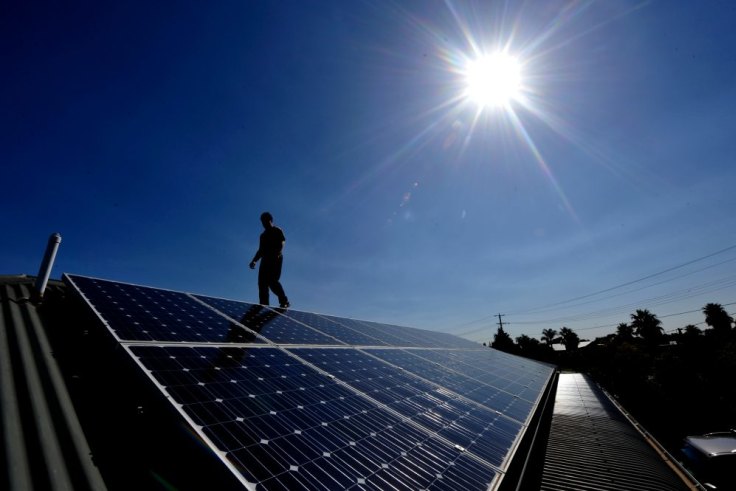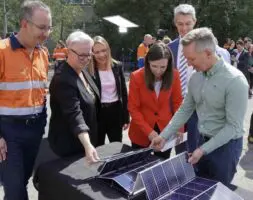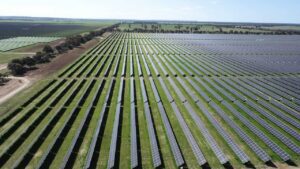The Australian energy market is changing fast – from coal to renewables, and from centralised generation to distributed resources – and regulation needs to change swiftly to meet consumer needs.
Origin Energy late last month flagged an early exit from coal generation with the closure of Eraring – the country’s biggest – brought forward to 2025 from 2023. It also announced a game-changing, ten-fold increase in its aggregation of distributed energy resources (DER) to 2000MW within four years.
But the regulation of distributed energy resources – which includes rooftop solar, battery storage, demand management and electric vehicles – is a hot mess. There is no cop on the beat.
And this lack of real accountability for most of our energy regulators has been highlighted once again this week, when the Australian Energy Market Commission (AEMC) effectively decided that governance of DER technical standards is not important enough to be put in the National Electricity Rules.
This is a sad failure by the AEMC to understand the massive potential and rapid emergence of distributed energy resources – solar panels, battery storage systems and smart energy management.
The AEMC talks about taking DER seriously, but three years after a process kicked off through the Energy Security Board to make significant change, the households and businesses who have invested billions of in smart energy products and systems and the industry that supplies them have been left with tokenistic action.
The best the AEMC could offer this week was that it would “begin consulting with stakeholders … on its proposed terms of reference for considering the priorities from DER technical standards.’
The AEMC has decided new DER technical standards will only be included in the rules through its cumbersome rule change process. That’s a recipe for doing nothing and it reinforces the need for fundamental reform of the country’s energy institutions.
The AEMC took almost a year before it commenced the rule change from the Energy Security Board. Industry and consumers can therefore expect any relevant rule change to also sit in the AEMC’s in tray for some time before it is considered.
Families, businesses and the smart energy industry do not need a voluntary ‘terms of reference for considering’, they need a body with suitable expertise which has the responsibility to make sure DER technical standards are managed effectively.
That is how you deliver cheap, reliable and safe energy and energy services to families and businesses.
AEMC non-decision ensures convoluted, costly processes
The Commission’s decision creates a convoluted and costly process for consumers and the industry.
We currently have one DER technical standard in the rules, inverter standard AS4777.2 which was proposed by the Australia Energy Market Operator (AEMO) through a rule change and which will likely need to be updated as the technical needs of the system change. There is no way now to update this standard without going through another rule change process.
Another example: the AEMC decided that distribution network businesses have the option, in future, to charge consumers to export to the grid from their DER, but there is no standard for interoperability—for communication from an aggregator or distribution network operator or retailer—to consumers’ DER behind-the-meter in the rules.
There is the Common Smart Inverter Profile – Australia developed by the DER Integration API Technical Working Group. This will ‘enable a consistent approach to the active management of DER relevant to the Australian context, by ensuring DER, DER operators and related parties operate in a consistent and understood manner’—except it can’t, because it won’t be included in the Rules so there is no guarantee of consistency.
With no DER technical standards in the rules, there can be no compliance and enforcement against them by the Australian Energy Regulator, even if this is necessary for maintaining system security, for example.
The Australia Energy Market Operator should be very concerned about the Commission’s decision. Unfortunately, the decision illustrates the lack of DER technical expertise or DER commercial experience which exists in all three energy market institutions.
Households, on a conservative estimate, have spent over $15 billion on rooftop solar alone.
They will spend far more on electric vehicles in coming years. Who will decide the standards for managed charging of EVs?
Maybe the AEMC will consider it, but it will be under no requirement to do so (because responsibility for setting DER standards is not in the National Electricity Rules) and anyone who lodges a rule change to include standards for managed charging of EVs in the rules will have to wait, on average, two years, for an outcome.
While billionaires and billion-dollar companies, like Origin, are making bold plays – step changes – the Australian Energy Market Commission is still looking to incremental change around the margins. This conservativism is costing consumers and the DER industry.
John Grimes is CEO of the Smart Energy Council.










